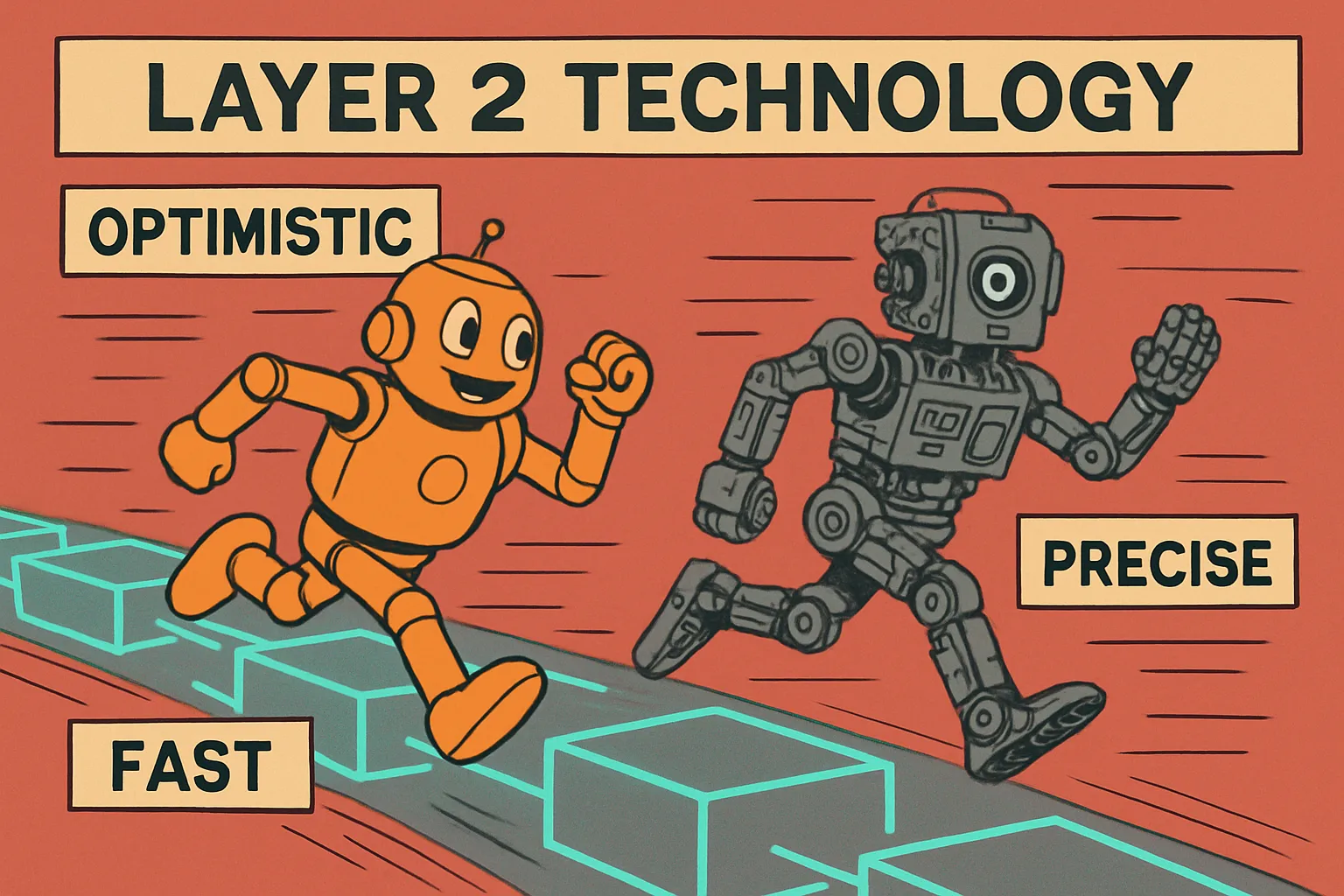Write Like a Korea Expert: Persuade with Topic Sentences & Evidence!
Hello! This is [Maeil Hangeul], here to upgrade your Korean skills!
Are you ready to take your Korean writing from simple sentences to persuasive, logical arguments? Whether you’re writing a university essay, a report for work, or even preparing for the TOPIK writing section, knowing how to structure a paragraph is a superpower.
Lately in Korea, it’s a huge trend for university students to write amazing analyses of K-dramas, films, and even K-pop lyrics for their assignments. How do they make their points so clearly and convincingly? The secret lies in mastering the relationship between a topic sentence and its evidence. Today, we’ll learn the essential vocabulary to help you write like a true K-culture expert!
Core Expressions You Need to Know
Here are the key building blocks for a perfect paragraph.
- 주제문 (Jujemun)
- Pronunciation [Romanized]: Ju-je-mun
- English Meaning: Topic Sentence
- Detailed Explanation: This is the most important sentence in your paragraph! The 주제문 is the main idea or the core argument you want to make. Think of it as the “boss” of the paragraph – every other sentence must work to support it. It’s usually placed at the very beginning to give your reader a clear map of what you’re about to discuss.
- 근거 (Geun-geo)
- Pronunciation [Romanized]: Geun-geo
- English Meaning: Basis / Evidence / Grounds
- Detailed Explanation: A topic sentence is just an opinion without proof. 근거 is the proof! It’s the data, examples, facts, or quotes you use to prove that your 주제문 is true and valid. The stronger your 근거, the more persuasive your writing will be.
- 뒷받침하다 (Dwit-batchim-hada)
- Pronunciation [Romanized]: Dwit-bat-chim-ha-da
- English Meaning: To support / To back up
- Detailed Explanation: This is the crucial verb that connects your evidence to your topic sentence. Your 근거 must always 뒷받침하다 your 주제문. It’s a formal and academic-sounding verb, perfect for essays and reports. For example: “이 자료는 제 주장을 완벽하게 뒷받침합니다.” (This data perfectly supports my argument.)
- 구체적으로 말하면 (Guche-jeogeuro malhamyeon)
- Pronunciation [Romanized]: Gu-che-jeo-geu-ro mal-ha-myeon
- English Meaning: To be specific / Specifically speaking
- Detailed Explanation: This is a fantastic transition phrase! Use it right after your topic sentence to smoothly introduce your evidence. It signals to the reader, “Okay, I just made a big claim, and now I’m going to give you the specific details to prove it.”
Example Dialogue in Action
Let’s see how two university students, Minjun and Sophie, use these words while discussing their assignment on the hit K-drama, “Crash Landing on You.”
- Sophie: 민준 씨, ‘사랑의 불시착’ 과제는 잘 되어가요? 저는 문단 구성이 너무 어려워요. (Minjun, how’s the ‘Crash Landing on You’ assignment going? I’m finding the paragraph structure so difficult.)
- Minjun: 아, 정말요? 소피 씨의 주제문(jujemun)이 뭐예요? 명확한 주제문이 가장 중요해요. (Oh, really? What’s your topic sentence? A clear topic sentence is the most important part.)
- Sophie: 제 생각에, 이 드라마는 남북한의 문화적 차이뿐만 아니라 공통점도 보여준다고 쓰고 싶어요. 그런데 확실한 근거(geun-geo)가 부족해요. (I want to write that the drama shows not only cultural differences but also commonalities between North and South Korea. But I don’t have enough strong evidence.)
- Minjun: 흠, 주장을 뒷받침하려면(dwit-batchim-haryeomyeon) 증거가 필요하죠. 구체적으로 말하면(Guche-jeogeuro malhamyeon), 주인공들이 서로의 음식을 먹거나 같은 단어를 사용하는 장면들을 예시로 들 수 있겠네요. (Hmm, you need evidence to back up your claim. To be specific, you could use scenes where the main characters eat each other’s food or use the same words as examples.)
- Sophie: 와, 좋은 생각이에요! 그런 장면들을 근거로 쓰면 주장이 훨씬 설득력 있겠어요. 고마워요! (Wow, that’s a great idea! If I use those scenes as my evidence, my argument will be much more persuasive. Thanks!)
Culture Tip & Trend Deep Dive
In Korean academic and professional settings, logic and structure are highly valued. When your professor or boss reads your work, they are looking for a clear, easy-to-follow argument.
- The Z-Generation’s Academic Trend: As we mentioned, analyzing pop culture is a serious academic subject in Korea now. Students might write a paper with a 주제문 like, “The lyrics of IU’s songs reflect the anxieties of the modern Korean youth.” To get a good grade, they can’t just say they “feel” it’s true. They must present 근거, such as analyzing specific lyrical phrases or citing music critic reviews, to 뒷받침하다 their argument. If you can do this, you’ll not only improve your Korean but also gain a deeper understanding of modern Korean society!
Let’s Wrap It Up & Practice!
Great job today! We’ve learned the essential toolkit for building a strong, persuasive paragraph in Korean:
- Start with a clear 주제문 (jujemun).
- Support it with strong 근거 (geun-geo).
- Remember that your evidence must 뒷받침하다 (dwit-batchim-hada) your main idea.
- Use 구체적으로 말하면 (Guche-jeogeuro malhamyeon) to introduce your examples smoothly.
Now, it’s your turn to practice!
- Fill in the Blank:
좋은 글은 명확한 주제문과 그 주장을 ________ 수 있는 타당한 근거를 가지고 있습니다.
(A good piece of writing has a clear topic sentence and valid evidence that can ________ its claim.) -
Your Turn to Write!
Think about your favorite K-pop group. Write one 주제문 (jujemun) in Korean that makes an argument about them. (e.g., “세븐틴은 ‘자체제작 아이돌’이라는 점이 성공의 핵심 요인이다.” – SEVENTEEN’s key success factor is that they are ‘self-producing idols.’)
Leave your answers and your own topic sentences in the comments below. We can’t wait to see your brilliant ideas






